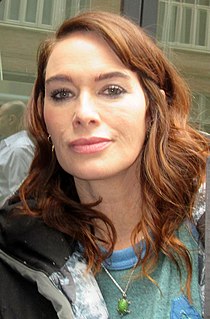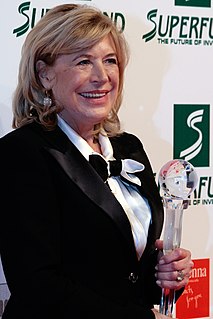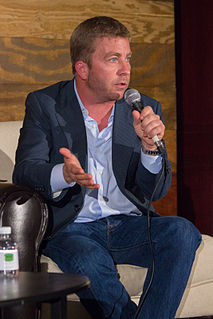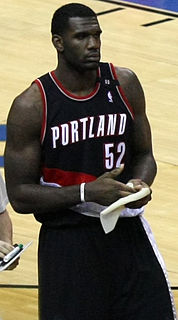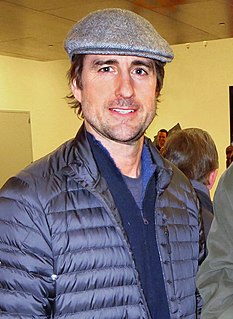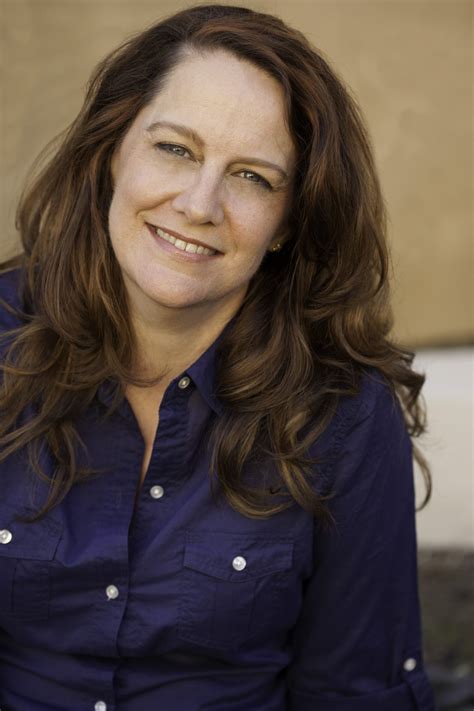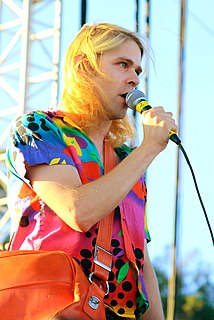A Quote by Lena Headey
As a teenager I was clinically depressed. Although I had lots of friends, I found those years very difficult.
Related Quotes
It can be difficult going through a period of time where you feel depressed because it can become your identifier. In the sense that you wake up, you're depressed; you talk to your friends, you're complaining that you're depressed; you talk to your parents, you're unmotivated. You know what you could do to try to overcome it - although obviously there's no cure - but you start to feel like, 'what will happen to me if I feel better? Who am I when I'm happy. I'm so used to feeling like this.'
Being someone who had had a very difficult childhood, a very difficult adolescence - it had to do with not quite poverty, but close. It had to do with being brought up in a family where no one spoke English, no one could read or write English. It had to do with death and disease and lots of other things. I was a little prone to depression.
